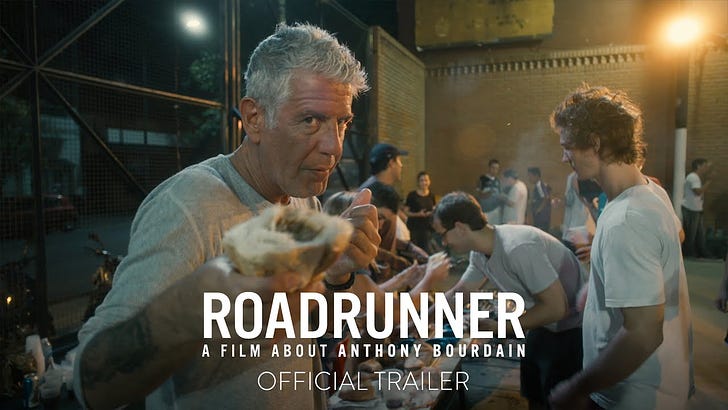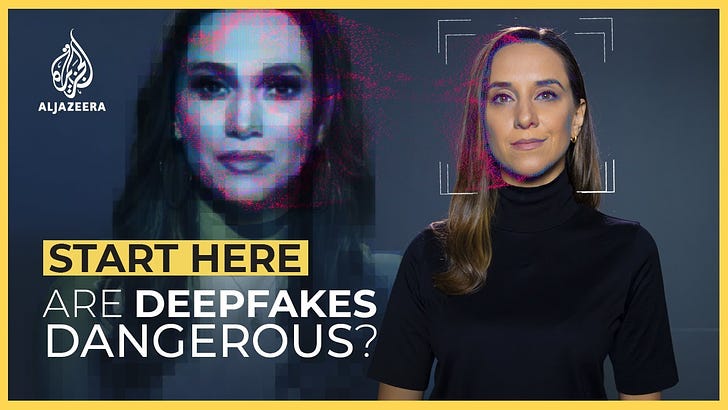This week…
These are two of the leading experts in disinformation studies in Malaysia and I am now half-jokingly looking for a co-author:
For context, Adham Baba, objectively the most useless health minister Malaysia has ever had, has a whole subsection on his Wikipedia page from all of his COVID-19 misinformation and lies since his illegitimate appointment last year, including claiming he participated in a WHO video conference with “over 500 countries.”
Related, former editor of the British Medical Journal, Richard Smith, argues that with about 20 per cent of medical trials being “fatally flawed” or “untrustworthy,” and so few retracted, it’s time to assume health research is fraudulent—until proven otherwise.
And for our interview segment, I speak with a former colleague, BFM’s radio producer and social commentator, Haniff Baharudin (no relation to last week’s guest) about intellectual discourse in the Malay language. You can find the full transcript at the link below. But first, a selection of top stories on my radar, a few personal recommendations, and the chart of the week.
Disinformation is coming for your business
“Disinformation, like ransomware, is becoming a business unto itself, spawning the creation of agencies who specialise in creating and spreading false message,” writes Ina Fried for Axios.
The argument over content moderation is ‘missing context’
Harrison Mantas for Poynter:
IFCN advisory board member Peter Cunliffe-Jones, along with fellow researchers Alan Finlay and Anya Schiffrin, found in a study of anti-misinformation laws in Africa that rules meant to curb demonstrably false speech wound up stifling all speech. The study found most of these laws aimed to punish false speech as opposed to correcting it, and this punitive approach did not have a demonstrable impact on reducing falsehoods.
The piece also quotes Charlie Warzel’s column in his newsletter Galaxy Brain, where he argues that this dichotomy between free expression and fighting falsehoods misses the point. You can read that here.
Meanwhile, on Monday Note, Frederic Filloux criticises European regulation of Big Tech as “primarily political—efficiency is secondary.”
The YouTubers who blew the whistle on an anti-vax plot
Charlie Haynes and Flora Carmichael for BBC:
"It started with an email" says Mirko Drotschmann, a German YouTuber and journalist.
Mirko normally ignores offers from brands asking him to advertise their products to his more than 1.5 million subscribers. But the sponsorship offer he received in May this year was unlike any other.
An influencer marketing agency called Fazze offered to pay him to promote what it said was leaked information that suggested the death rate among people who had the Pfizer vaccine was almost three times that of the AstraZeneca jab.
Not shocked.
What I read, watch and listen to…
I’m reading Jack Malik’s opinion piece on JendelaDBP on understanding language and critiques (in Malay).
I’m watching the Olympic Games. Specifically: badminton, football, handball, rugby, volleyball and weightlifting. Tell me what you’re watching!
I’m listening to a five-part special on the Pegasus Project on The Guardian’s Today in Focus.
Chart of the week
A poll by Angus Reid Institute suggests half of vaccinated Canadians (n=1,565) are unlikely to hang out with those who are unvaccinated. Same, tbh.













